Want to understand the differences between Private Equity vs Venture Capital with simple, visual, and Plain-English explanations? After reading this article, you will understand:
- TL;DR
- Want To Learn More About Finance?
- Intro: Private Equity vs Venture Capital
- Big Picture: Private Equity vs Venture Capital
- Typical Private Equity Fee Structures
- Private Equity vs Venture Capital: 'Stages' of Growth
- Private Equity vs Venture Capital – Where Each Firm Invests
- 'Private Equity': What's in a Name?
- Venture Capital: The Seeds of Economic Growth
- Growth Equity: Onward and Upward!
- LBO: Slower Growth…Exciting Returns!
- Recap: Private Equity vs Venture Capital
- Private Equity vs Venture Capital: Animated Explainer Video
- Related Links
- About the Author
- Frequently Asked Questions (FAQs)
TL;DR
Want To Learn More About Finance?
Check out all of our (free) deep-dive articles in our Analyst Starter Kit:
Intro: Private Equity vs Venture Capital
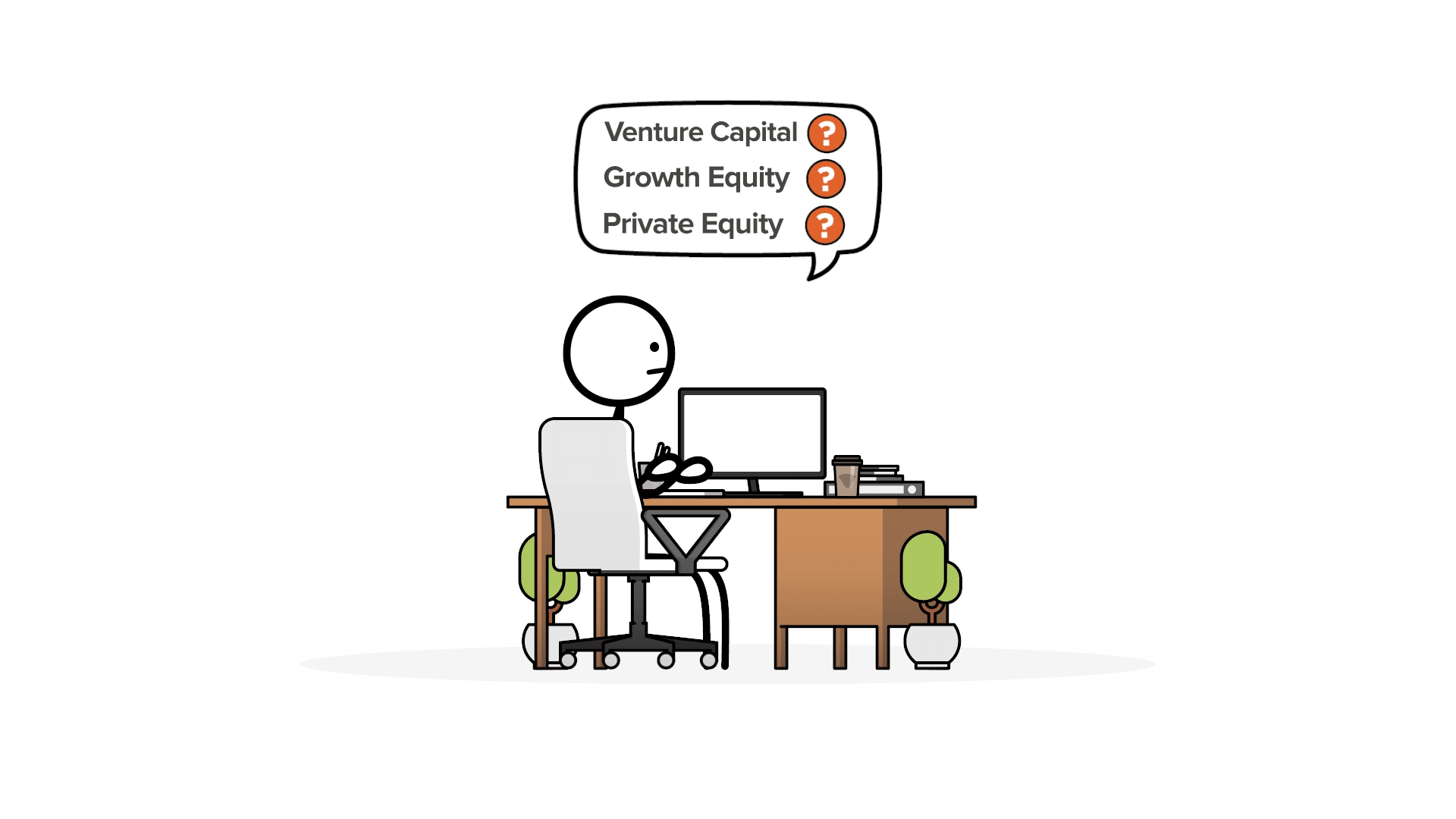
The inner workings of Venture Capital, Growth Equity, and Leveraged Buyout (‘LBO’ or ‘Private Equity’) firms can seem like a black box to outsiders.
And, often, speaking with someone who works at one of these firms to gain clarity causes further confusion.
This is because there is so much presumed knowledge (and so many interchangeable terms).
In this article, we’ll clear up the differences between Private Equity vs Venture Capital. We’ll also explain how Growth Equity fits in as well.
Big Picture: Private Equity vs Venture Capital
In this article, we’ll dive into each type of firm to shed light on exactly how they operate.
In terms of their structure and objectives, these firms are more similar than they are different.
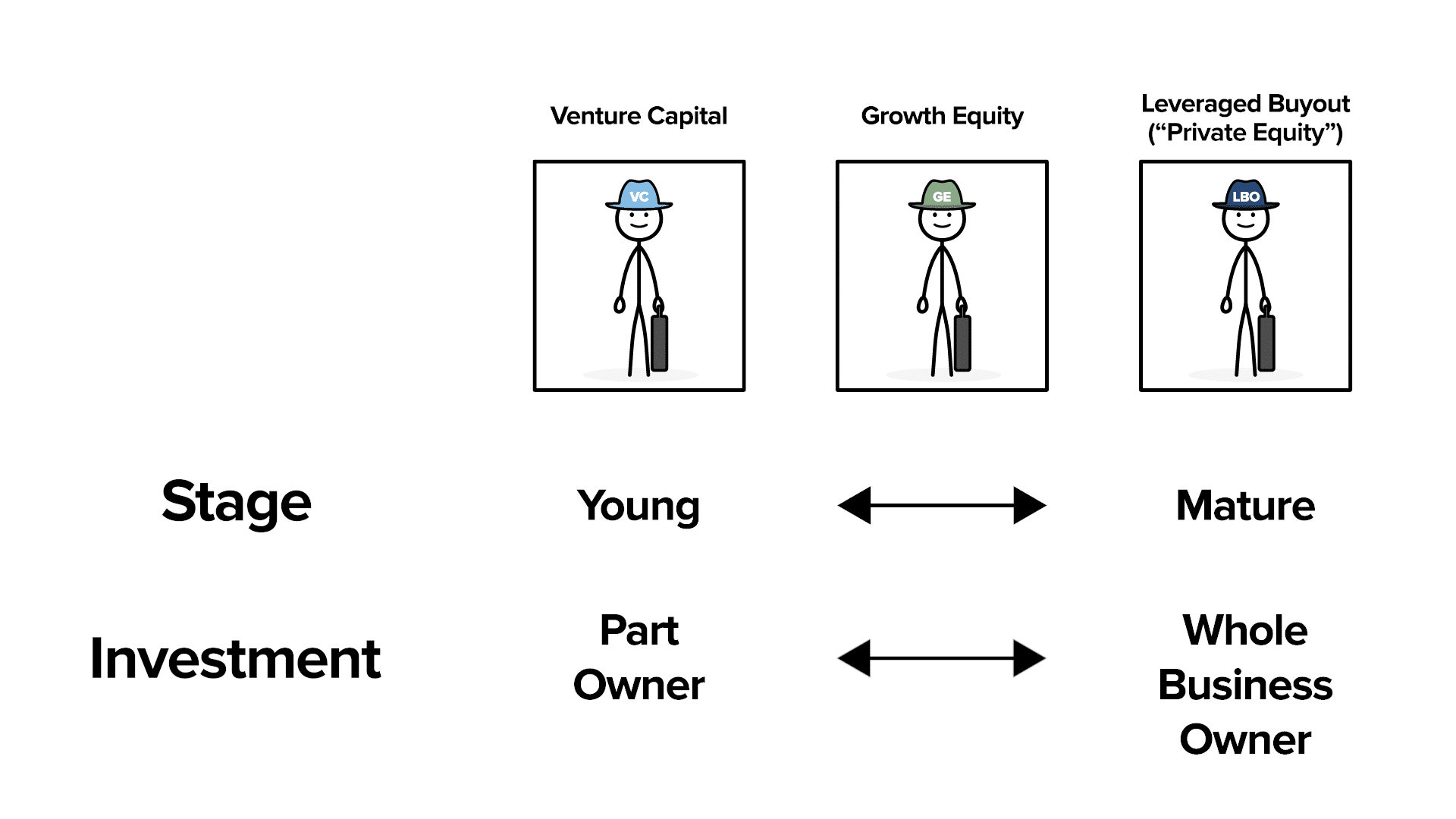
They all take in money from investors and then buy partial ownership stakes in a business (‘Minority’ stakes) or, sometimes, the entire business (‘Majority’ or ‘Controlling’ stakes).
The end goal is to sell their stakes in the future to generate a return for their investors.
How Private Equity Funds Operate
Typical Private Equity Fee Structures
In return for investing their money, the fund’s investors pay these firms two types of fees:
• Management Fees: An annual fee that typically represents 2.0% of the total dollars invested.
• Carried Interest: The investment firm’s share of the profits generated (typically 15-20% of the profit).
Two Fees: Management Fees and Carried Interest
Private Equity vs Venture Capital: ‘Stages’ of Growth
The key distinction between these firms is the Stage in a company’s lifecycle where each firm participates.
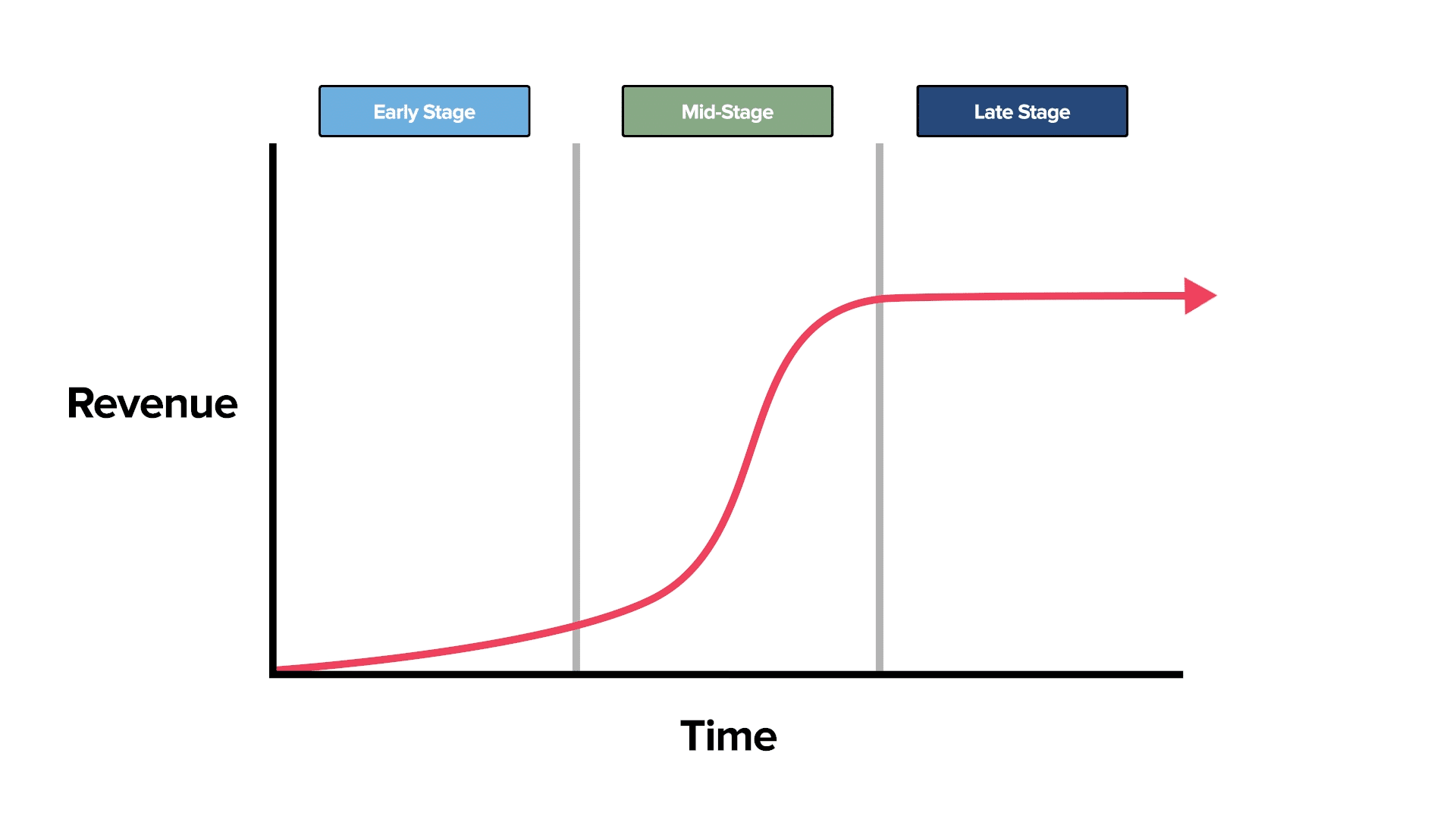
Broadly speaking, there are three stages:
- Early-Stage: A young start-up business with an innovative new idea but with little or no Revenue.
- Mid-Stage: A business that has proven the viability of the founder’s initial idea. A Mid-stage business is working to grow as rapidly as possible to generate revenue (and ultimately profit!).
- Late-Stage: A business that is no longer growing rapidly. They are typically at (or are approaching) growth rates in line with the overall economy (or 2-4% per year).
Private Equity vs Venture Capital – Where Each Firm Invests
Private investment firms are broadly aligned around the stages listed above.
Venture Capital, Growth Equity, and Leveraged Buyout (‘Private Equity’) funds typically invest in Early-Stage, Mid-Stage, and Late-Stage businesses, respectively.
It is important to note, however, that the dividing lines are VERY blurry between these investors!
Venture Capital vs Growth Equity vs Private Equity
‘Private Equity’: What’s in a Name?
Just to keep things interesting, we need to create (and then explain) an interchangeable term here.
The proper name for these firms is not Private Investment firms, but rather Private Equity (or ‘PE’ for short).
This is because these firms use investor money (or ‘Equity‘) to invest in businesses that are not publicly traded.
Technically speaking, Venture Capital, Growth Equity, and Private Equity firms are ‘Private Equity’ investors.
Private Equity = Leveraged Buyout (LBO)
But, somewhere along the way, the Late-Stage (Leveraged Buyout) investors grabbed the name ‘Private Equity’ and have yet to give it back.
So, when people in the industry refer to ‘Private Equity‘ or ‘PE’, they assume the term refers to Leveraged Buyout firms rather than Venture Capital or Growth Equity.
With that point clarified, let’s take a deeper look at how each type of firm operates.
Venture Capital: The Seeds of Economic Growth
If you love to say you knew the band before it was big, Venture Capital is probably for you.
Venture Capitalists (‘VC’ firms) provide funding to founders of young businesses who often present ideas written down on the back of a paper napkin.
Venture Capital firms provide money to these companies. The money allows the founder to hire a team to test (and hopefully to prove out!) the founder’s business idea.
The goal is for this idea to ultimately become a major business like Google, Amazon, or Facebook.
In return for their investment, the Venture Capital firm receives an ownership stake in the business.
Venture Capital Investments are often expressed in terms of Rounds or Series.
Early-Stage Venture Capital: A ‘Series’ of ‘Rounds’
Many founders initially raise money from their personal networks (Friends and Family Round) or from wealthy individuals (Angel Investors).
If they need a larger investment, they will turn to Venture Capital funds.
Funding raised before VC funding is typically referred to as the Pre-Seed Round or the Pre-Seed Stage.
The first major investment by a Venture Capital Fund is referred to as a Seed Investment or Seed Round.
Series A Funding and Beyond
After the Seed Round, if the founder and the team are successful in gaining traction with customers, they will typically raise more capital in the form of a Series A Round.
This investment is typically MUCH larger than the Seed Investment.
After the Series A Round of funding, future fundraises are called Series B, C, D, etc. The time at which a company raises these Rounds of capital varies, as does the dollar amount raised.
Want to dig deeper into the typical sizes of Series A, B, C, D, etc. rounds? Check out this article.
The Venture Capital Endgame…Returns for Investors
Venture Capital (VC) funds invest knowing that many of their investments will fail. However, the few that succeed will generate 10-100x+ returns on the initial money invested.
To generate these returns for Investors, the VC Fund has two options:
- (1) The VC fund can sell the Companies they invested in to larger companies.
- (2) Or the VC fund can list the company’s shares on the Stock Exchange. After the shares become Publicly Traded, the VC Fund can sell its stake.
Regardless of which path they take, the VC fund must return money above the original investment to its investors to generate Carried Interest (their 20% share of the profit).
Growth Equity: Onward and Upward!
Once a business gains further traction with paying customers and attractive economics, Growth Equity investors step in.
At this stage, the company needs money to help it grow rapidly (or ‘Scale’ in Finance-speak).
Growth Equity investors provide the critical funding need to drive growth. Typical areas of investment are Marketing, the Executive team, Overhead support, Research & Development (R&D), and the Sales team.
Venture Capital vs Growth Equity – Series Investment Names
If a Growth Equity investor makes a non-controlling (‘Minority’) investment in a business, it is typically called a ‘Series‘ investment similar to what we saw with Venture Capital.
While there is not a hard and fast rule, companies raising Series C investments and beyond would typically be considered ‘Growth Equity.’
As illustrated in our Explainer Video, there isn’t a hard and fast rule as to where Venture Capital ends and Growth Equity begins.
Growth Equity vs Private Equity – Minority vs Majority Stakes
Similarly, there is not a clear dividing line between Growth Equity and Leveraged Buyout (‘Private Equity’).
In fact, many Growth Equity firms will buy the entire business outright (called a ‘Majority‘ or ‘Controlling‘ stake).
Conversely, many traditional Private Equity firms make Minority investments.
Growth Equity vs Private Equity: Level of Debt Used
The big difference between Growth Equity and Leveraged Buyout investments is the level of Debt each uses.
Because Growth Equity-funded companies are typically less stable, they cannot support as much debt.
Growth Equity Wrap-Up
Whether a Growth Equity fund is buying all or part of a business, the end goal is the same as with VC funds.
Growth Equity investors aim to either sell the business or to take it public down the road.
This allows the Growth Equity firm to sell its stake and return capital to investors, which generates fees for the firm.
LBO: Slower Growth…Exciting Returns!

At some point, every business’ growth rate eventually slows. Companies with lower levels of growth can be a fine investment.
However, low growth makes the investment a lot less attractive.
This is where Leveraged Buyout funds step in.
As a quick reminder, the terms Private Equity, Leveraged Buyout, and LBO are generally interchangeable.
Why Use Debt?
Mature businesses are typically much more stable. As a result, they can support much higher levels of debt compared to Venture and Growth Equity-funded companies.
To enhance the return of lower-growth businesses, Leveraged Buyout (‘LBO‘) funds borrow a meaningful portion (typically 50% or more) of the Purchase Price (or Enterprise Value).
They fund the remaining portion of the purchase with money from their investors (‘Equity’).
Using Debt to fund part of the purchase lowers the amount of investor money required which enhances returns.
A House Purchase is Basically an LBO
If you have ever purchased a house, you have done a Leveraged Buyout…but you simply bought a house…which is really a business in disguise!
For more on how a house is a ‘business,’ check out this article.
Let’s now walk through the four steps of the LBO process:
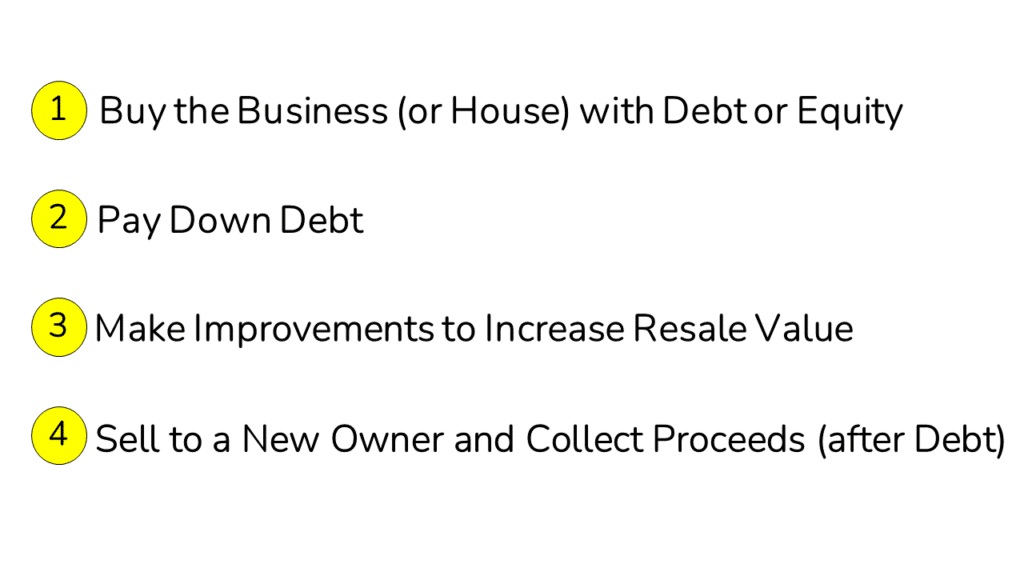
Step 1: Buy the Business (or House) with Debt or Equity
We begin an LBO transaction by buying a business with a combination of Debt and Equity.
This is the same as buying a house with a Mortgage and contributing a Down Payment to fund the remainder.
Step 2: Pay Down Debt
Leveraged Buyout funds make money by paying down the debt they owe using the Cash Flow of the Business.
This is just like paying down your mortgage with your personal income.
Step 3: Make Improvements to Increase Resale Value
Leveraged Buyout funds can also make money by making improvements to the business to drive improved growth and profitability.
This will allow the Leveraged Buyout firm to sell at a higher price down the road.
This just like remodeling your house to sell at a higher value.
Step 4: Sell to a New Owner and Collect Proceeds (after Debt)
After some time (typically 3-5 years), the Leveraged Buyout firm will sell the business.
Selling the business and collecting the proceeds is how Leveraged Buyout firms generate returns for their Investors.
Similar to the process of selling a house, the Leveraged Buyout fund sells the company, pays back the outstanding debt, and collects any excess proceeds and any cash on the company’s Balance Sheet.
The Leveraged Buyout firm then collects the remaining cash, which they return to the fund’s investors.
This is the same as how you would repay a mortgage when you sell your house.
Leverage Buyouts: Public vs Private Acquisition Targets
Leveraged Buyout (‘Private Equity’) funds offer Publicly Traded or Privately Held mature businesses the ability to sell (or ‘Liquidity’).
For Public Companies, selling to Leveraged Buyout firms can be doubly attractive as the company is no longer beholden to quarterly scrutiny by Public Market investors.
Private Equity Wrap-Up
As with Venture Capital and Growth Equity investment firms, the end goal for Private Equity firms is to either sell the business or to take it public down the road.
This allows the Private Equity firm to sell its stake and return capital to investors, which generates fees for the firm.
Recap: Private Equity vs Venture Capital
We hope that after reading this, you now have a much clearer understanding of how Venture Capital, Growth Equity, and Leveraged Buyout (‘Private Equity’) investors operate.
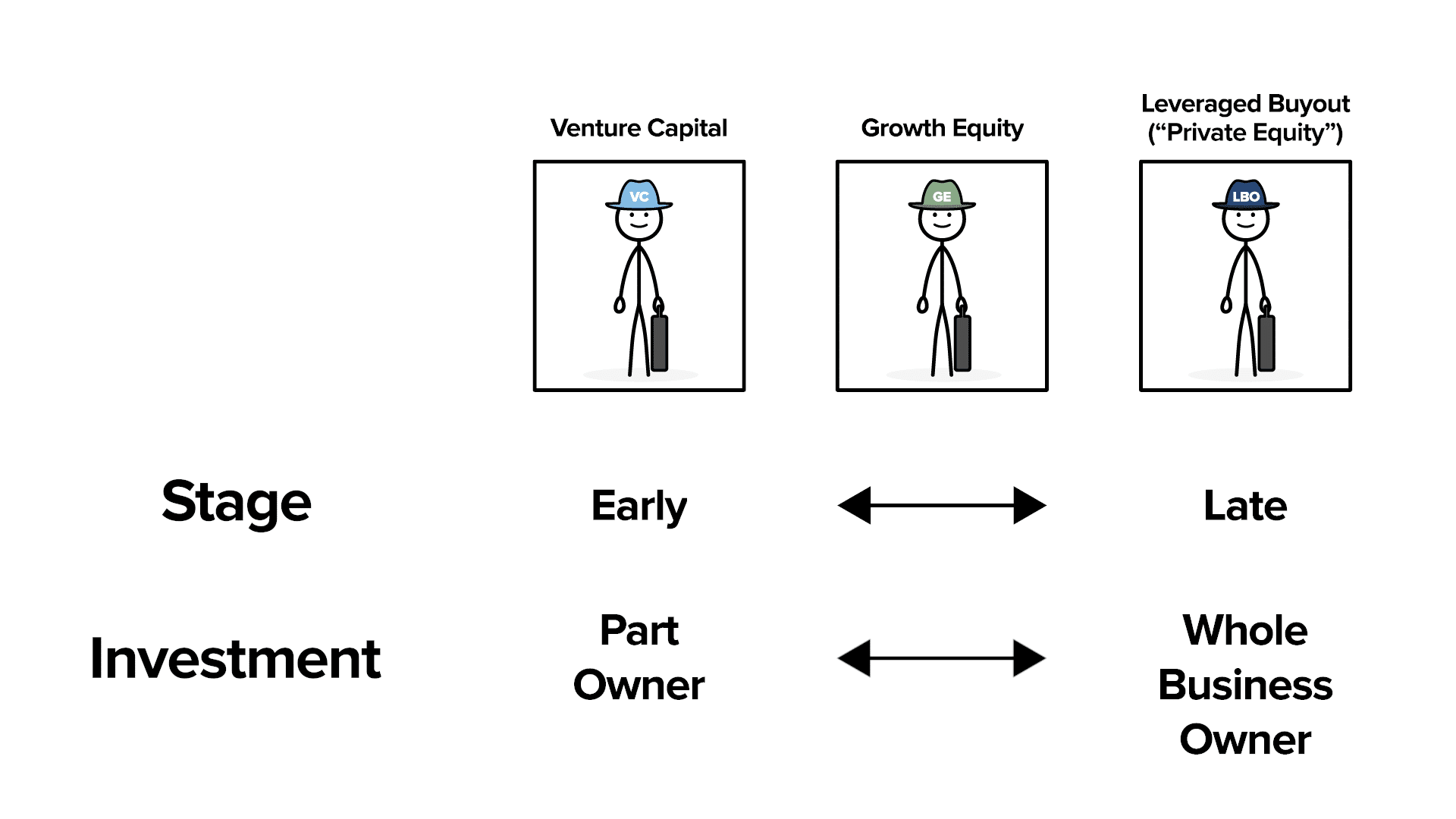
In the end, each of these firms plays a meaningful role in fueling the growth of companies across their lifecycles.
The key is to understand at what Stage they typically invest (Early vs Mid vs Late) and the type of stake they take (Minority or Majority/Controlling).
It is also critical to understand that all the firms discussed here are technically ‘Private Equity.’
However, people in the Finance industry generally refer to Leveraged Buyout firms as Private Equity firms.
If you have any comments or questions, please let us know below!
Private Equity vs Venture Capital: Animated Explainer Video
If you enjoyed this article, check out our Animated Explainer Video on the differences between Private Equity vs Venture Capital.
You can find more videos just like this on our YouTube Channel.
Related Links
About the Author

Mike Kimpel is the Founder and CEO of Finance|able, a next-generation Finance Career Training platform. Mike has worked in Investment Banking, Private Equity, Hedge Fund, and Mutual Fund roles during his career.
He is an Adjunct Professor in Columbia Business School’s Value Investing Program and leads the Finance track at Access Distributed, a non-profit that creates access to top-tier Finance jobs for students at non-target schools from underrepresented backgrounds.
Frequently Asked Questions (FAQs)
The term ‘Private Equity’ technically refers to Venture Capital, Growth Equity, and Leveraged Buyout (LBO) funds. This is because these firms use investor money (or ‘Equity‘) to invest in businesses that are not publicly traded. However, when people in the Finance industry refer to ‘Private Equity’ (or ‘PE’), they are typically talking about LBO funds.
Venture Capital funds invest (Seed, Series A, Series B) in young, early-stage businesses to help the business prove out a business idea. Beyond financial support, they offer access to their vast networks of contacts and sit on the company’s Board of Directors to provide guidance.
Growth Equity funds invest (typically Series C and beyond) in mid to late-stage businesses with a more proven business idea to grow (i.e. ‘scale’) as rapidly as possible. Beyond financial support, they offer access to their vast networks of contacts and sit on the company’s Board of Directors to provide guidance.
Venture Capital funds are technically a type of ‘Private Equity‘ fund. They take in Investor Money (or ‘Equity‘) and make investments in privately-held businesses. However, when people in the Finance industry refer to ‘Private Equity’ (or ‘PE’), they are typically talking about LBO funds.
VC Stands for Venture Capital and PE Stands for Private Equity.
The term ‘Private Equity’ technically refers to both Venture Capital and Leveraged Buyout (LBO) funds. This is because these firms use investor money (or ‘Equity’) to invest in businesses that are not publicly traded. However, when people in the Finance industry refer to ‘Private Equity’ (or ‘PE’), they are typically talking about LBO funds.
The key difference between these funds is that VC funds invest in young, early-stage businesses and LBO funds invest in mature, late-stage businesses.
Private Equity and Venture Capital firms use investor money (or ‘Equity’) to invest in businesses that are not publicly traded.
The primary difference between these funds is that Venture Capital funds invest in young, early-stage businesses and Private Equity (i.e. LBO) funds invest in mature, late-stage businesses.

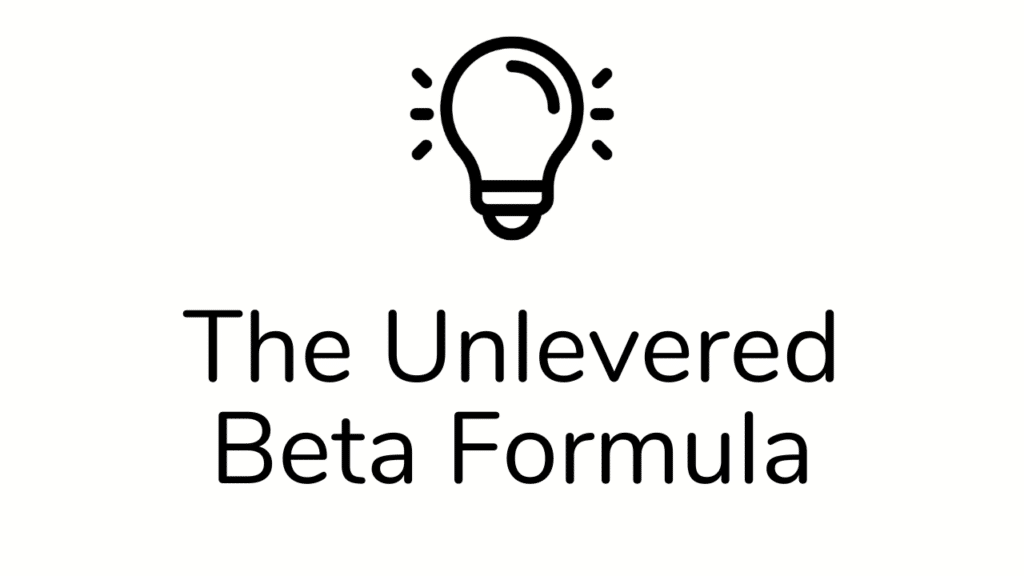
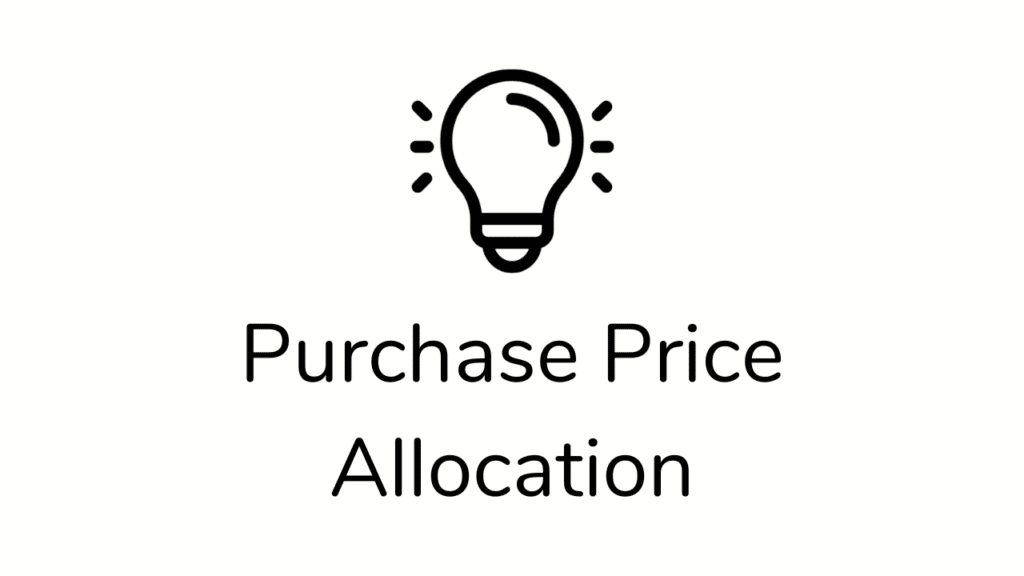

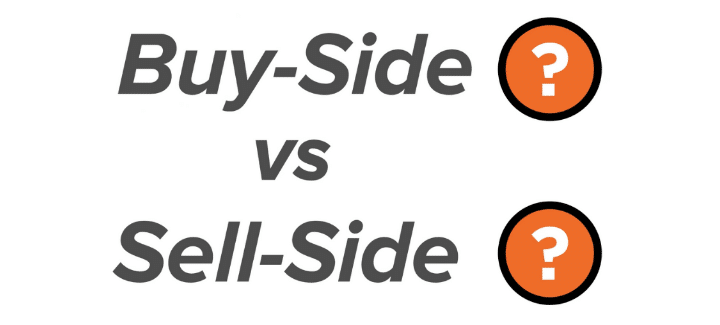


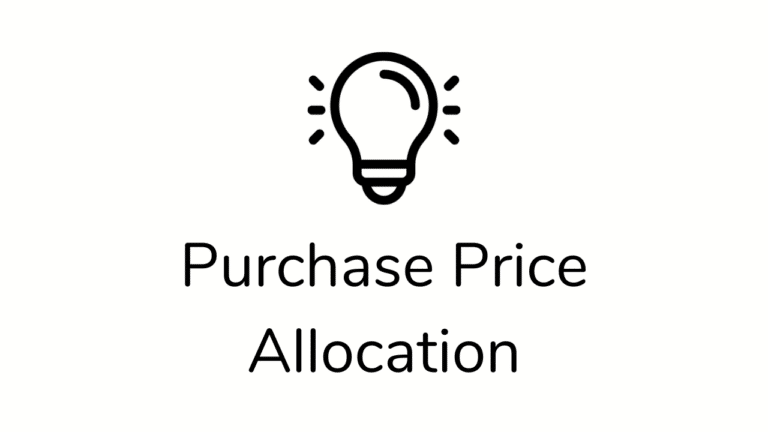
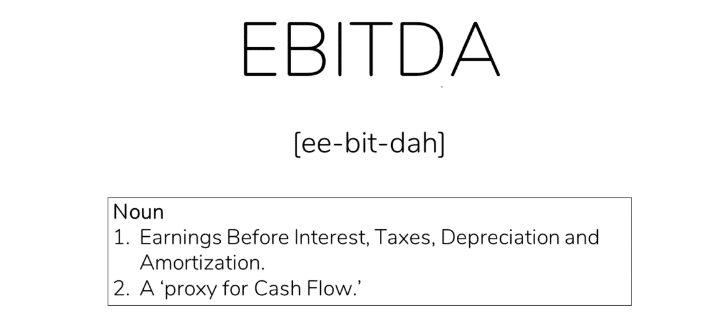

2 Comments